Hope. Healing. Help.
Washington’s leading nonprofit for addiction recovery and mental health care. Compassionate, affordable treatment—including medication-assisted recovery for opioid use.

What We Treat
Anxiety
Anxiety disorders are a group of mental health conditions characterized by excessive fear and worry, impacting daily functioning and quality of life. Occasional anxiety is a typical, expected part of life that we all experience at various times in our lives. An anxiety disorder is more than just temporary worry or fear, as the anxiety does not ease and can even become more intense as time goes on. The symptoms of anxiety disorder can interfere with everyday activities at work or school, and in relationships with others.
Learn MoreDepression
Major Depressive Disorder, sometimes simply referred to as depression, is more than just feeling sad or down, or having a bad day. It is a serious mental health condition that requires assessment and treatment. Left untreated, depression can be devastating for those who have it and their families. Depression can strike individuals of all ages, and all racial, ethnic, and socioeconomic backgrounds. Untreated, depression also increases an individual’s risk of premature death by suicide, which makes assessment and intervention a critical step in recovery.
Learn MoreBipolar Disorder
Bipolar Disorder is a condition in which an individual experiences a distinct period or episode of intense emotions, and changes in activity, energy, or sleep that result in a change in functioning. These could be manic episodes in which the feelings are elevated, or include irritability; or depressive episodes where feelings are very low, hopeless or sad. During manic episodes, poor judgment, lack of insight, and hyperactivity can lead to unsafe behaviors, difficulties with the law, serious financial difficulties, and other problems.
Learn MorePost-Traumatic Stress Disorder (PTSD)
It is natural to feel afraid during and after a traumatic situation. With support and understanding, we typically can process, and move through a traumatic experience without getting stuck. Without support and understanding, trauma can be more difficult to resolve.
Post-traumatic stress disorder (PTSD) can develop after exposure to a stressful and traumatic event, also can develop by directly experiencing or witnessing an event as it occurred to others, or by learning of actual or threatened violence toward a close family member or friend.
Learn MoreSchizophrenia
Schizophrenia is a chronic and severe biological illness that affects how a person thinks, feels, and behaves. Although Schizophrenia is not as common as other mental health disorders, the symptoms can be very disabling, which leads people with Schizophrenia to appear as if they have lost touch with reality.
Schizophrenia symptoms typically start when someone is between the ages of 16 and 30. In very rare cases, children could also have Schizophrenia. The factors that contribute to individuals developing Schizophrenia include genetics, brain chemistry and structure.
The Process

Fill Out Online Form
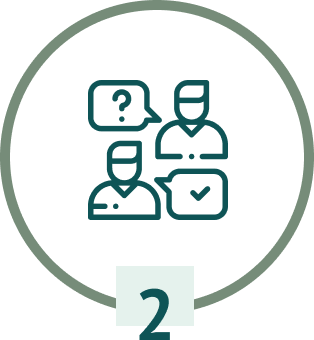
We’ll find a provider who meets your unique needs.
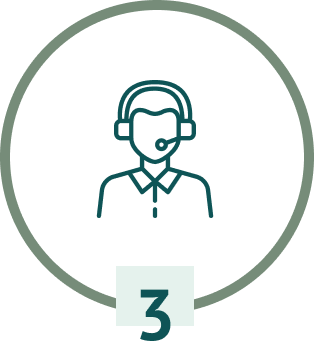
We’ll schedule your first appointment
Therapeutic Health Services
240+
Team Members
Providing compassionate, culturally appropriate care
50+
Years
Serving the most vulnerable in our community
5,000+
Served
Annually across all programs and locations
10
Service Locations
in King and Snohomish Counties
Success Stories

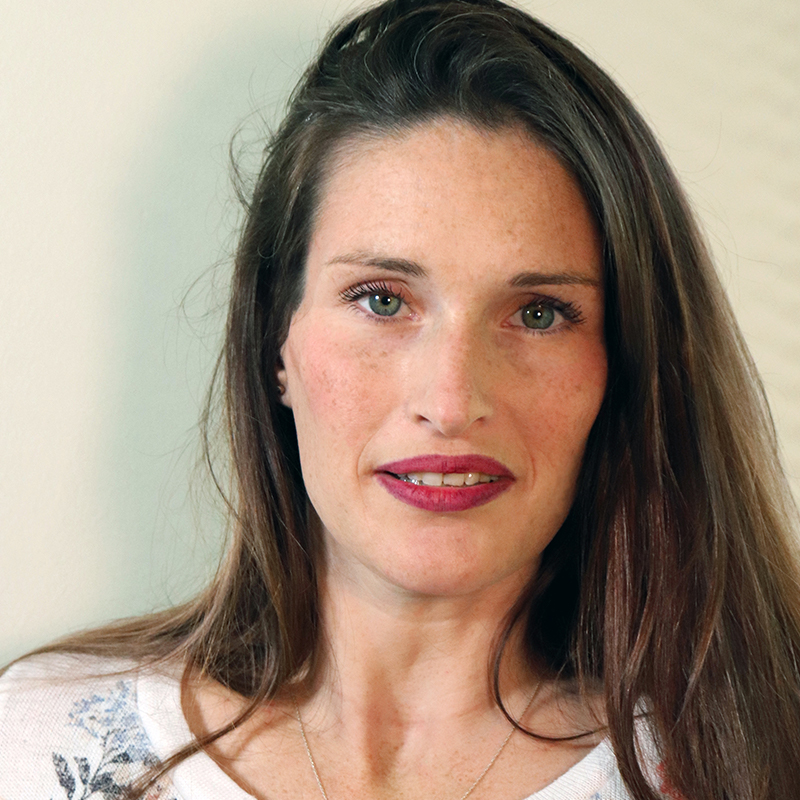
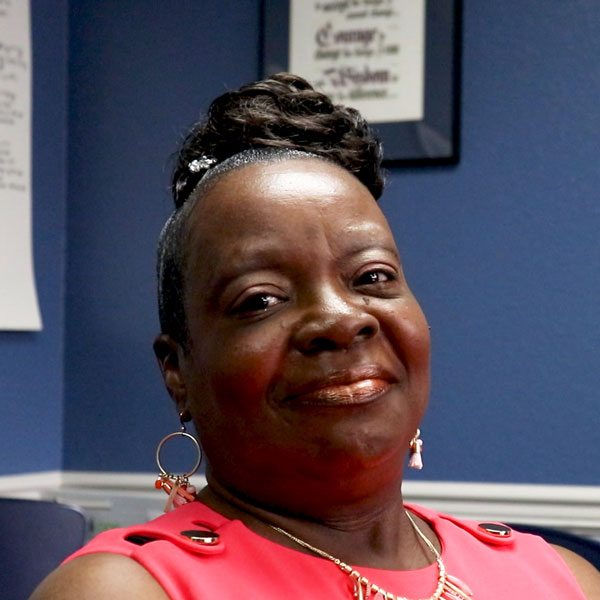

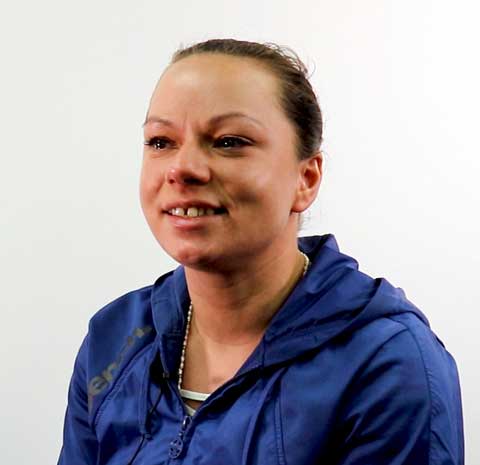

Scott’s Story – The Courage to Recover
When you talk with Scott, you hear a guy that knows his mind and can explain where he’s coming from. With every question his response breaks down his experience and tells his story. He makes it easy to relate to each of his challenges and the hard work it took to overcome them. Scott started using heroin when he was 15. He didn’t achieve sobriety until age 38.
Rachelle’s Story
No one chooses to become addicted, and there are many reasons why people use and abuse substances. It doesn’t take long to reach rock-bottom – losing everything, including your children and your health. Rachelle, a patient at Therapeutic Health Services Snohomish/Everett Branch, never imagined she’d lose her life to addiction, but she almost did.
Brenda’s Story
One of the scariest aspects of opioid use is how easily it can slip into your life and change it forever. What’s worse, you can become addicted after taking just a few pills. Sometimes you’re hooked after being on pain medication for a small injury. Something sends you to the doctor: a broken toe, a sprained wrist, wisdom teeth removal. You’re sent home with a prescription: oxycodone, hydrocodone or codeine. You take your medication and before you know it the bottle’s empty. Suddenly your body is craving more.
Betty’s Story – Recovery Through Time
Is that it doesn’t happen overnight. Recovery can take many years and even after a long period of sobriety, relapse is always a possibility. Betty is a patient at Therapeutic Health Service’s Summit Branch. Her story of recovery highlights the time it can take to reach recovery and what it takes to get there.
Kelly’s Story – Eager to Change
Kelly’s story, sadly, is one we’ve heard too often before. She grew up in a home where her parents often did drugs, started using meth as a teenager and ran into trouble with the law at a young age.
Ericka’s Story
Ericka and her story exemplify what it means to be a patient at Therapeutic Health Services. She receives both Opioid Use Treatment as well as Mental Health care. Together these two services overlap to create whole-health wellness in our clients. Together with her Opioid Use Treatment counselor, Richard and her Mental Health Counselor, Ambyr, Ericka has built a life for herself that she could only dream of.
